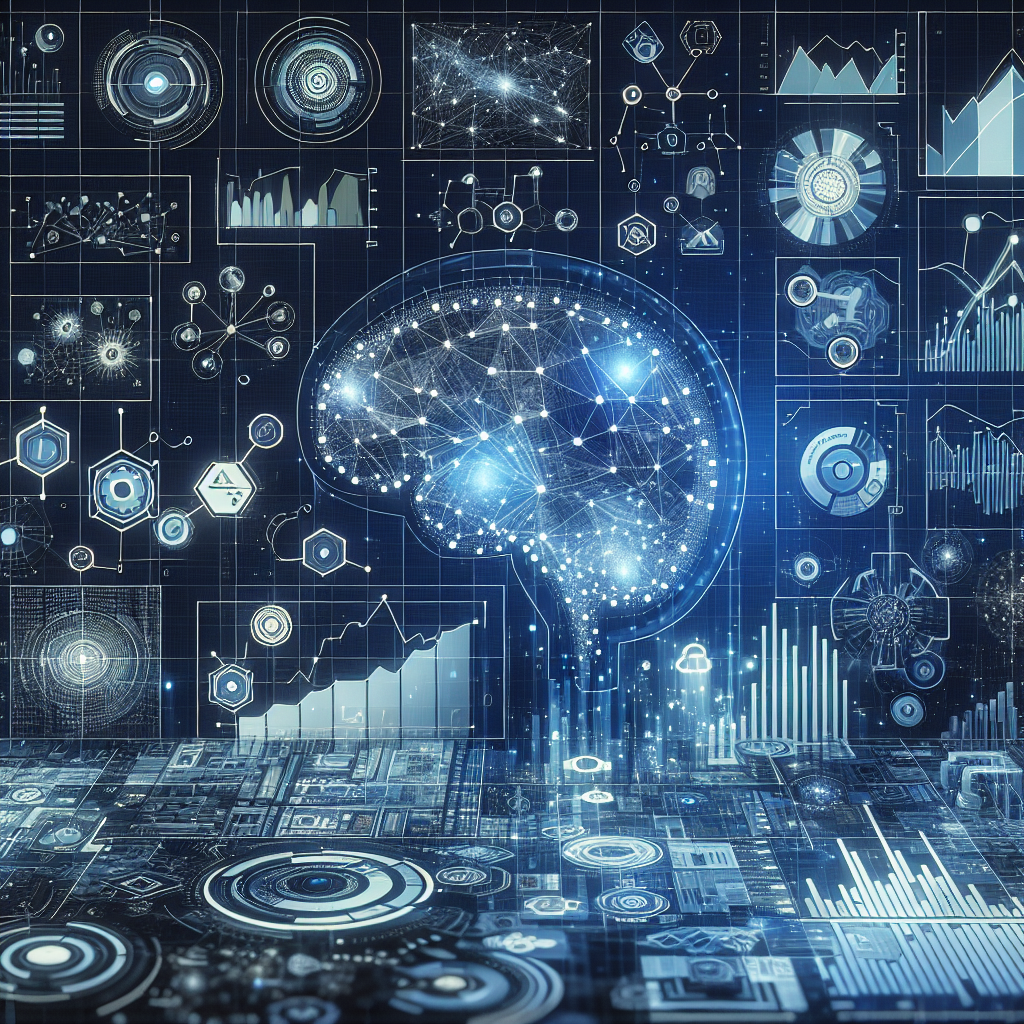Predictive analytics is a powerful tool that uses data, statistical algorithms, and machine learning techniques to identify the likelihood of future outcomes based on historical data. This technology has revolutionized the way businesses make decisions, allowing them to forecast trends, optimize operations, and improve overall performance. One of the key components of predictive analytics is artificial intelligence (AI) development, which plays a crucial role in making accurate predictions and driving business success.
AI development in predictive analytics involves the use of advanced algorithms and machine learning models to analyze large datasets and generate insights. These algorithms can automatically learn and improve from experience without being explicitly programmed, making them highly efficient at identifying patterns and trends in data. By leveraging AI technology, businesses can enhance their predictive analytics capabilities and gain a competitive advantage in their respective industries.
There are several ways in which AI development is used in predictive analytics to improve accuracy and efficiency. One of the main applications of AI in predictive analytics is in the development of predictive models. These models use historical data to train machine learning algorithms, which can then be used to make predictions about future outcomes. By analyzing patterns and trends in the data, AI can identify key factors that influence the outcome and make accurate predictions with a high degree of accuracy.
Another important application of AI in predictive analytics is in the automation of data analysis. AI algorithms can process large volumes of data quickly and efficiently, allowing businesses to analyze data in real-time and make decisions based on up-to-date information. This automation not only saves time and resources but also ensures that businesses can respond to changes in the market quickly and effectively.
AI development is also used in predictive analytics to improve the accuracy of predictions. By using advanced algorithms and machine learning techniques, businesses can reduce errors and biases in their predictive models, leading to more reliable and consistent results. AI can also help businesses identify hidden patterns and correlations in the data that may not be immediately apparent, allowing them to make more informed decisions and improve their overall performance.
One of the key benefits of using AI in predictive analytics is its ability to adapt and learn from new data. AI algorithms can continuously update and refine their predictive models based on new information, allowing businesses to make more accurate predictions over time. This adaptability is crucial in today’s fast-paced business environment, where markets and trends can change rapidly.
In addition to improving accuracy and efficiency, AI development in predictive analytics can also help businesses gain a deeper understanding of their customers and markets. By analyzing data from various sources, including social media, customer feedback, and sales data, businesses can gain insights into customer behavior, preferences, and trends. This information can be used to tailor marketing strategies, improve customer service, and drive business growth.
Overall, the use of AI development in predictive analytics offers businesses a powerful tool for making informed decisions and driving success. By leveraging AI technology, businesses can improve the accuracy and efficiency of their predictions, automate data analysis, and gain valuable insights into their customers and markets. As AI continues to evolve and advance, the possibilities for predictive analytics are endless, providing businesses with new opportunities to thrive in an increasingly competitive market.
FAQs:
Q: What is the role of AI in predictive analytics?
A: AI plays a crucial role in predictive analytics by using advanced algorithms and machine learning models to analyze large datasets and generate insights. These algorithms can automatically learn and improve from experience, making them highly efficient at identifying patterns and trends in data.
Q: How does AI improve the accuracy of predictive analytics?
A: AI improves the accuracy of predictive analytics by using advanced algorithms and machine learning techniques to reduce errors and biases in predictive models. AI can also help businesses identify hidden patterns and correlations in the data, leading to more reliable and consistent results.
Q: What are the benefits of using AI in predictive analytics?
A: The benefits of using AI in predictive analytics include improved accuracy and efficiency, automation of data analysis, and a deeper understanding of customers and markets. AI technology can help businesses make informed decisions, optimize operations, and drive business success.
Q: How can businesses leverage AI development in predictive analytics?
A: Businesses can leverage AI development in predictive analytics by using advanced algorithms and machine learning models to analyze large datasets, make accurate predictions, and gain valuable insights into their customers and markets. By incorporating AI technology into their predictive analytics strategies, businesses can improve their performance and gain a competitive advantage in their respective industries.

